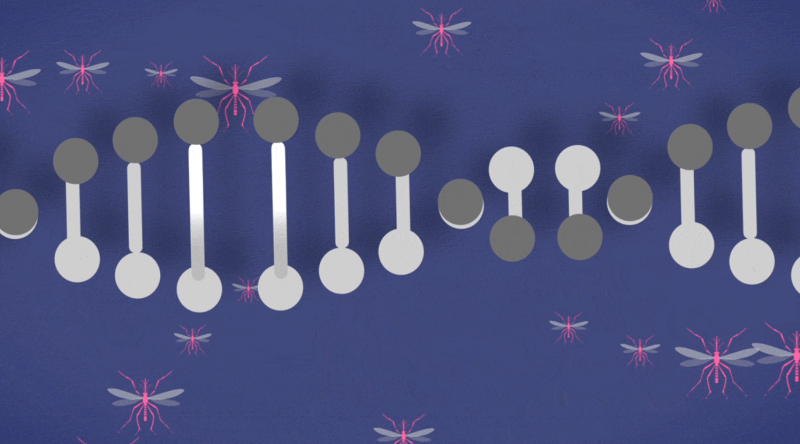Mosquitoes and the malaria parasite have survived as long as they have by constantly adapting to new conditions.
Now, growing drug and insecticide resistance in the Greater Mekong Subregion and Sub-Saharan Africa threatens to weaken our current tools for prevention and treatment.
Some potentially game-changing innovations have emerged in recent years. With further development, these could (once again) transform the fight against malaria.
For example, the Innovative Vector Control Consortium’s New Nets Project is currently piloting mosquito nets treated with novel insecticide combinations to combat resistance throughout Sub-Saharan Africa.
The Medicines for Malaria Venture is bringing together leading pharmaceutical companies to speed up the drug development process.
And researchers at Target Malaria are conducting trials of gene drives to reduce or eliminate Anopheles mosquitos’ malaria-carrying capacity at the species level.
While there is still a long way to go, it is worth noting that these advances would have been unimaginable not long ago.
Moreover, the rapid development of vaccines against COVID-19 has strengthened the case for increased investment in innovation to tackle other deadly diseases.































